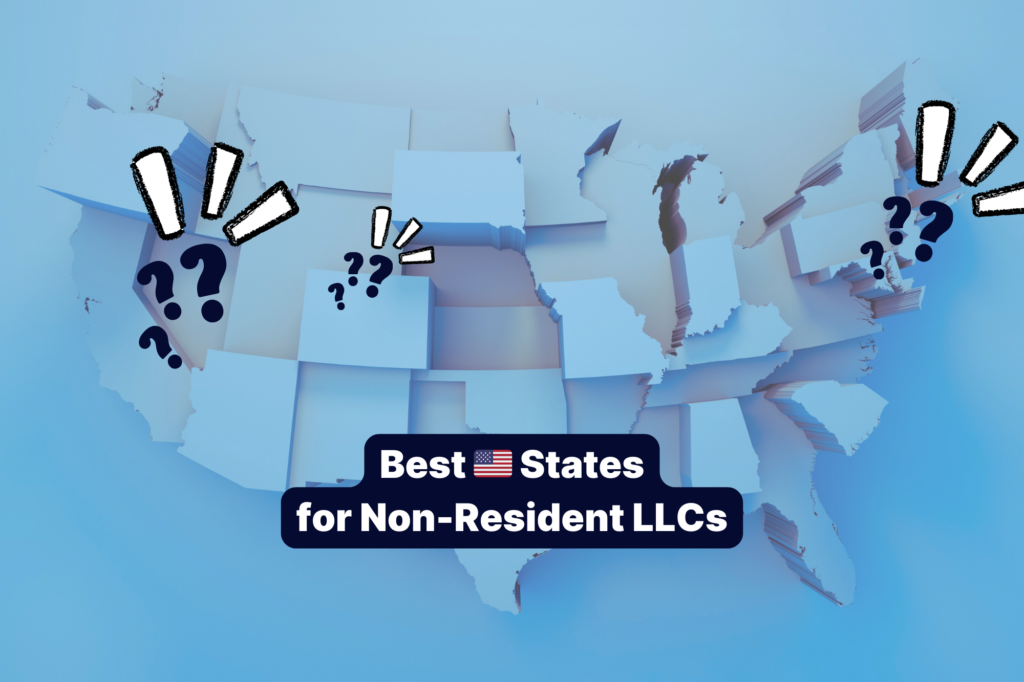In today’s globalized world, expanding your business internationally can offer numerous opportunities for growth and diversification. If you’re a foreign entrepreneur aiming to establish a presence in the United States, understanding the registration process is essential. This comprehensive guide will walk you through the steps of registering a company in the USA, specifically tailored to meet the needs of non-US citizens. For more in-depth information and professional assistance, consider visiting clemta.com.
Why Register a Company in the USA?
Access to an Expansive Market
The United States has the world’s largest economy and consumer base, presenting an unparalleled opportunity for business expansion. Establishing a company here can provide access to a vast network of potential clients and partners, enhancing your market reach significantly.
Credibility and Trust
A US-based business is often perceived as more credible and trustworthy. This factor can attract a broader range of clients and investors, opening doors to diverse funding options that may not be available in your home country.
Business-Friendly Environment
The US is known for its supportive business environment, offering various incentives, legal protections, and a straightforward regulatory framework that encourage innovation and entrepreneurship.
Types of Business Entities
Before starting the registration process, it’s vital to comprehend the different types of business entities available in the US. Each type offers unique advantages tailored to different business needs and goals.
Limited Liability Company (LLC)
An LLC is favored by small to medium-sized businesses due to its simplicity and flexibility. It provides personal liability protection while allowing owners to manage the business directly and enjoy favorable tax treatment.
Corporation (C-Corp)
C-Corps are suitable for larger businesses or those planning to seek significant investment. They offer robust liability protection, ease in transferability of shares, and various tax benefits that are appealing to potential investors.
Step-by-Step Guide to Registering a USA Company
1. Choose Your Business Structure
Selecting the right business entity is crucial. Analyze your business goals and the level of liability protection you need. For many international entrepreneurs, an LLC or C-Corp is ideal due to their flexibility and benefits.
2. Select a State for Registration
Choosing the right state to register your business can impact your operations significantly. Here are some popular options:
- Delaware: Known for its business-friendly laws and court system, making it a favored location for many corporations.
- Wyoming: Offers low registration fees and strong privacy protections for business owners.
- Nevada: Attracts businesses with no state income tax and strong privacy laws.
3. Register Your Business Name
Ensure that your business name is unique and adheres to state regulations. This involves conducting a comprehensive name search on the respective state’s business registry website.
4. Obtain a Registered Agent
Every US company must have a registered agent responsible for receiving legal documents on its behalf. You can hire a professional service or appoint an individual to fulfill this role.
5. File the Necessary Documents
- LLC: File the Articles of Organization with the chosen state.
- Corporation: Submit the Articles of Incorporation.
6. Apply for an Employer Identification Number (EIN)
An EIN is crucial for tax purposes, opening bank accounts, and hiring employees. This can be obtained by submitting an application through the IRS website.
7. Open a US Bank Account
A US bank account is essential for handling business transactions and enhancing your company’s credibility. Research banks that offer services tailored to non-residents to find the best fit for your needs.
8. Understand US Tax Obligations
Compliance with federal, state, and local tax regulations is critical. Determine your tax liabilities based on your business structure to develop strategies that could help minimize your tax burden.
Conclusion
Registering a company in the USA can greatly enhance your business’s credibility, market access, and overall growth trajectory. This guide outlines the key steps necessary to navigate the registration process effectively. For personalized advice and assistance, especially tailored for international entrepreneurs, visit clemta.com to explore professional solutions and services.
By understanding and following these steps, you can effectively position your business for success in one of the world’s most dynamic and prosperous markets.
Contact us: Feel free to ask your questions ?
Our Youtube videos: Incorporating in USA: Essential Guide for Non-US Residents ??
Clemta: Trusted USA Company Registration and Management, Rated “Excellent” 4.9 ?








